When you have to make a choice and don't make it, that is in itself a choice
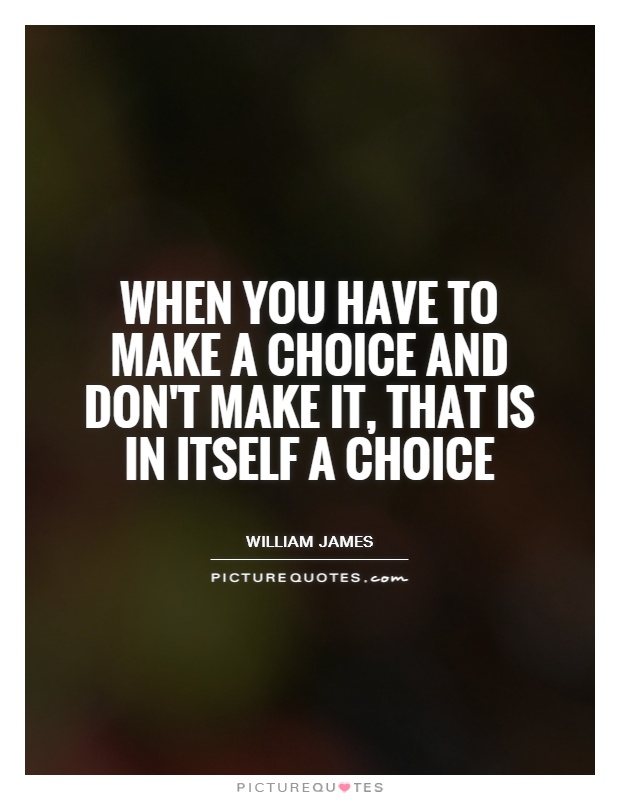
When you have to make a choice and don't make it, that is in itself a choice
William James, an influential American philosopher and psychologist, once said, “When you have to make a choice and don't make it, that is in itself a choice.” This statement highlights the importance of decision-making and the consequences of indecision. James believed that every decision, whether big or small, has an impact on our lives and that failing to make a choice is a choice in itself.Indecision can be paralyzing, causing individuals to remain stagnant and unable to move forward. It can lead to missed opportunities, regrets, and a sense of powerlessness. When faced with a decision, it is important to weigh the options, consider the potential outcomes, and make a choice that aligns with one's values and goals. By avoiding making a decision, one is essentially choosing to let circumstances dictate their path, rather than taking control of their own destiny.
James believed that making decisions is a fundamental aspect of human existence and that our choices shape our identity and determine our future. He argued that even the smallest decisions can have a ripple effect, influencing our thoughts, actions, and relationships. By actively making choices, we assert our agency and take responsibility for the direction of our lives.
Indecision can also be a form of avoidance or fear of failure. By not making a choice, individuals may be trying to protect themselves from potential risks or consequences. However, James believed that avoiding decisions ultimately leads to a lack of growth and personal development. He encouraged individuals to embrace uncertainty and take calculated risks in order to learn and grow.
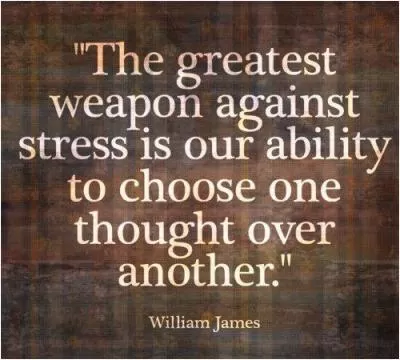


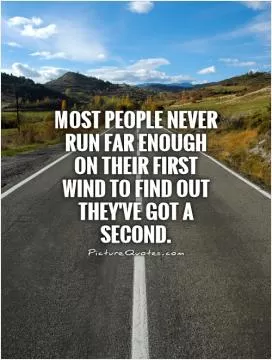

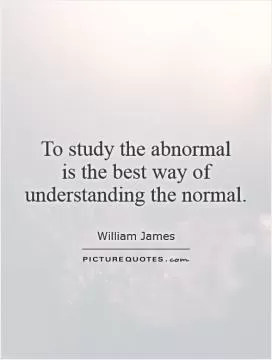
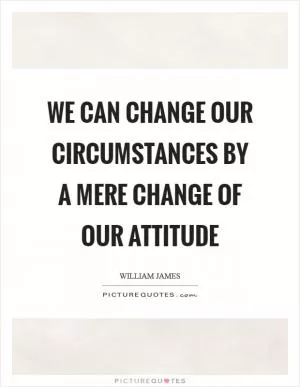
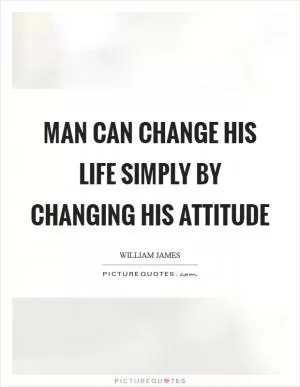
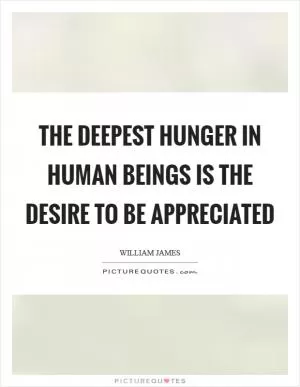
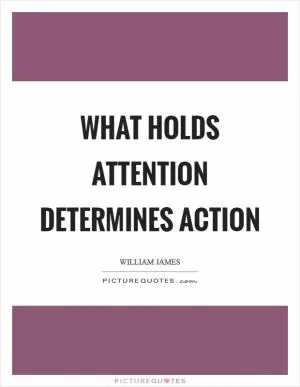
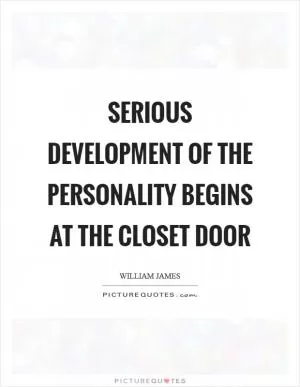
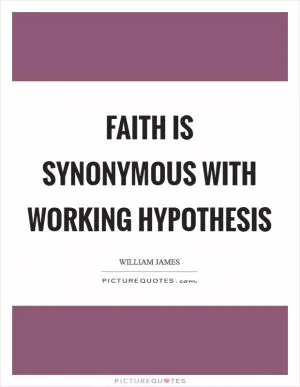
 Friendship Quotes
Friendship Quotes Love Quotes
Love Quotes Life Quotes
Life Quotes Funny Quotes
Funny Quotes Motivational Quotes
Motivational Quotes Inspirational Quotes
Inspirational Quotes